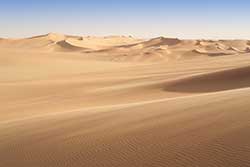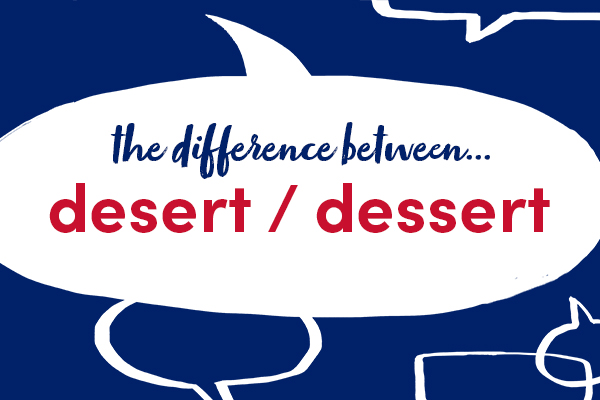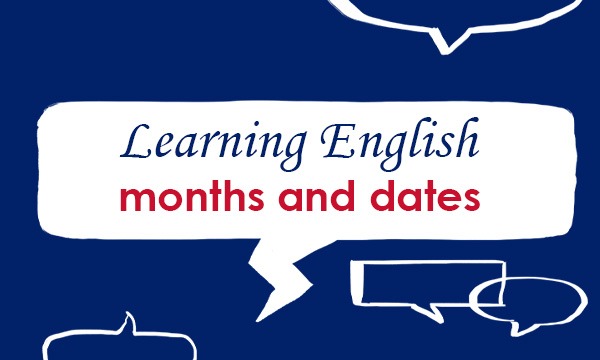This week we are looking at two words which are commonly confused because of their similar spellings: desert and dessert.
desert

Desert can be both a noun and a verb.
As a noun:
A desert is a large area of land where there is very little water or rain, no trees, and very few plants.
They crossed the Sahara Desert.
As a verb:
When people or animals desert a place, they all leave it.
Some farmers are deserting their fields and coming here looking for jobs.
If you desert someone, you leave them and no longer help or support them.
All our friends have deserted us.
dessert

Dessert is sweet food served at the end of a meal.
For dessert there was ice cream.
Find out more in our English Usage article.
This blogpost is based on Collins COBUILD English Usage, written for learners of English. For more examples of English usage points, please visit: https://grammar.collinsdictionary.com/english-usage.
All opinions expressed on this blog are those of the individual writers, and do not necessarily reflect the opinions or policies of Collins, or its parent company, HarperCollins.



